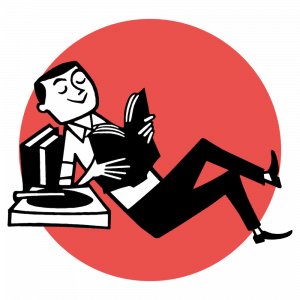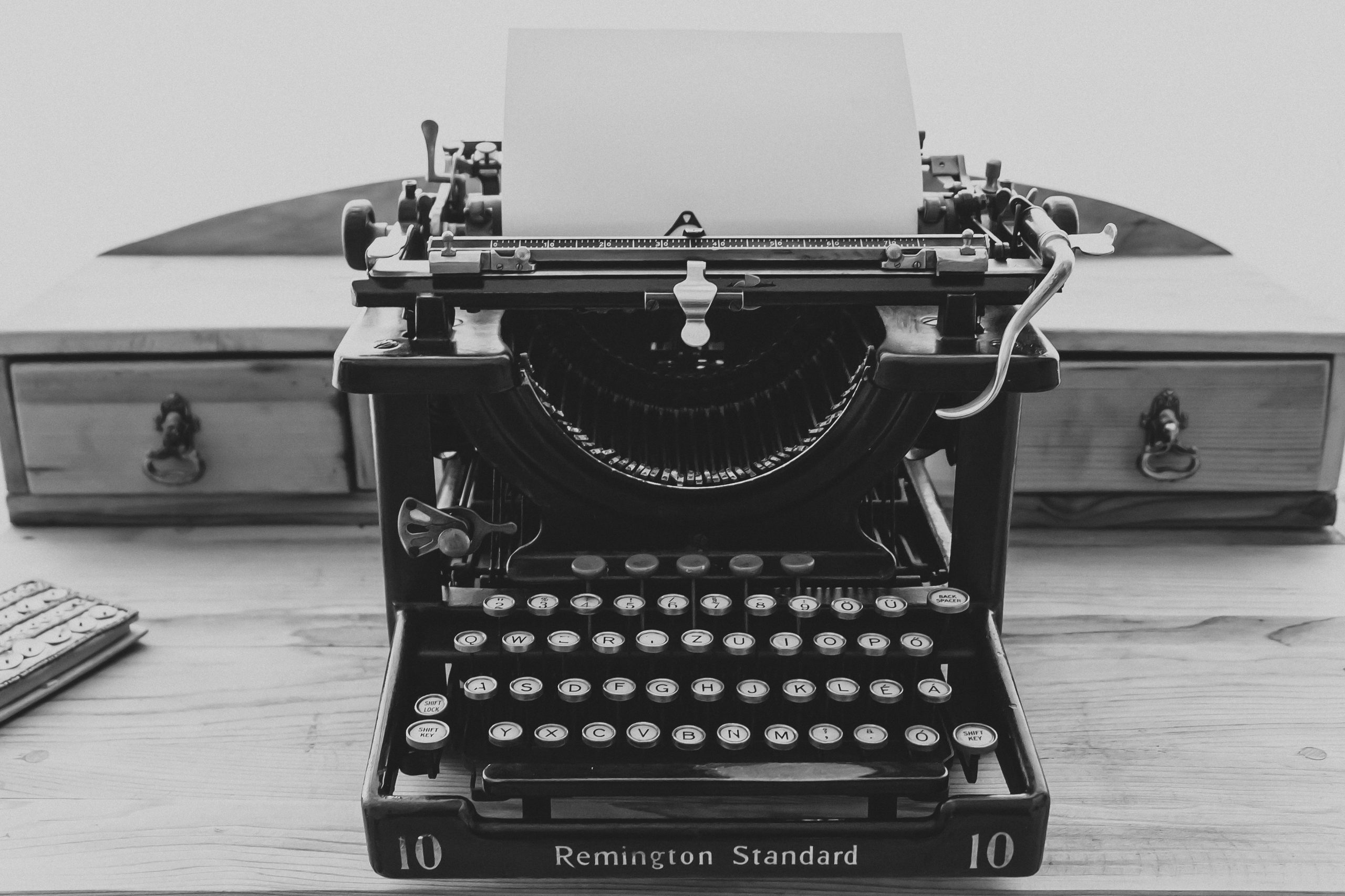Originally published June 2022.
Our writer set out to find out if this is actually true.
“Daddy, why are you writing about women’s boobs?” I turn puce as my 11-year-old stares me down. I stay silent and she repeats the question. My wife looks as me as if I have burned her shoe collection. My daughter had glanced at my PC for 10 seconds and it’s sod’s law that the only line she read does indeed discuss female anatomy. This is a new low in my parenting and not for the first time I wonder why I’m trying to write a book.
Fiction happened by accident. I had the hilarious and brilliant idea in Lockdown 2 (Jan 2021) of writing a health book with just four words: “Eat Less, Exercise More.” This morphed into The Diet & Health Book for Morons, as I am a moron in the kitchen. Yet I had one minor problem: I know nothing about the subject. That does not stop MPs and Covid gurus, I hear you say. You’re right, but I’m not a natural bullshitter. Either I could do extensive research or I could quit. I chose the latter.
Reflecting that ‘pain is temporary, quitting lasts forever’, I was digesting another anti-woke article in the Daily Mail (it was lockdown, forgive me) and a phrase came to mind: Pale, Male, Fail. I saw a way forward. I would choose pain, a lot of pain: the pain of writing fiction. It would be about a 50-something high-flyer (he/him) whose life falls apart at work and at home. It would skewer woke-ism, sure, but with balanced narratives to avoid being a sub-UKIP rant. It would be a book that guys can relate to and their wives can read to understand their husbands further. It would be, er, funny. It would aim for ‘Nick Hornby meets PJ O’Rourke’, which is like a novice developer aiming for the design of Urban Splash and the margins of Berkeley Homes.
It would be… bloody difficult. After 3,000 words I was stuck. I think of the line that ‘Everyone has a book in them, but yours might be shit’ and decelerate into writer’s block. I turn to Stephen King’s On Writing, his part-memoir, part-fiction writing guide. King says that you should not ‘plot’ your books – just start writing and let the story develop how it wants to. Which is like Usain Bolt saying, “Don’t worry about training, just run fast.”
I ignore Mr King’s advice. As 10,000 words turns to 20,000 and 40,000, I become the cliched author swearing at my plot (100 Post-it notes) flaking off the wall. I know I am doing this wrong. If you want to publish a book, start by being a celebrity or with deep subject matter expertise. Or with a large social media following. Or with some talent. Then write a treatment or a few chapters, sign with an agent who will hopefully find you a publisher. All before writing the book. Then you can hire someone else to write it if you want. (My favourite joke from the press conference for Naomi Campbell’s book – “So, Naomi, have you read your book?”).
However, I’m stubborn. And stupid. And fearful. If I cannot find an agent, it might not happen. Then I will be the loser that could not even write one book. I see it like running a marathon: I want to do it once in my life. Also like a marathon, it is a lonely, painful process that can bore the bejesus out of anyone in earshot. I vow to get to 80,000 words by Christmas and tell nobody except the wife. I write from 8-9am when work allows, taking part in the wonderful London Writer’s Salon online sessions of 200+ wannabe authors on Zoom. It is comforting; these are my people.
At 50,000 words two opposing things happen. After months of treating writing like drinking cod liver oil (unpleasant, but good for you) I start to enjoy it. You can make up plot turns, write jokes, create silly characters. Fiction is liberating. No wonder so many people do it. The bad news is that my book’s structural flaws surface. Imagine doing a stonking great property refurb and halfway through you realise the new extension should be on the other side of the house, the room configuration does not work and you hate the expensive flooring.
Do I start again or carry on? I debate this for two minutes and continue. Six months too late, I ask for help. I speak to Joanna Kavenna, the acclaimed literary fiction writer. She writes extensive back stories on each character so she understands their desires and motivations. Hmm, I did zero back story. I talk to a publisher friend who runs one of the UK’s main book competitions and ask how he decides which books win. “If we don’t like the first two pages we stop reading.” Note to self: your first two pages better be stellar. Forget 80,000 words, maybe I should just write 40 versions of pages 1 & 2?
I chat to Patricia Murphy, the children’s author. She says that reading a first draft will be like “staring at your own vomit”. She advises making all verbs work as hard as possible and to start quickly. James Patterson is the
guru here; he starts at 90mph and accelerates from there. He is not trying to write beautiful sentences; he is in the page-turning business. Mr Patterson is the world’s best-selling author.
I finally type ‘The End’ on New Year’s Eve – 92,400 words. My wife demands to read it. This is awks as half the book is about a marriage breaking down. “Darling, honestly, the wife is not based on you.” She does not believe me. She points out that I fail to describe what my main character looks like. Which is like your new tenant ringing up to point out that you have forgotten to fit a WC.
So, what next? Draft One fermented for eight weeks and I have started writing Draft Two so that the book can be read by people I am not married to. Wish me luck.
Find out more at palemalefail.com








